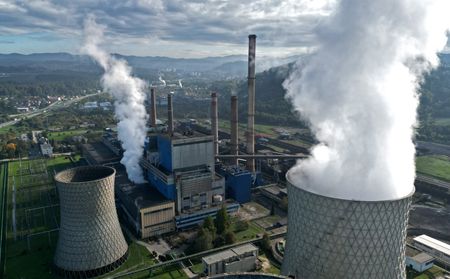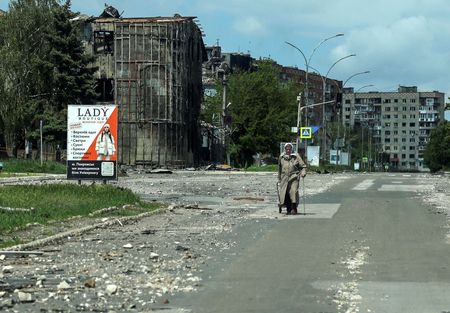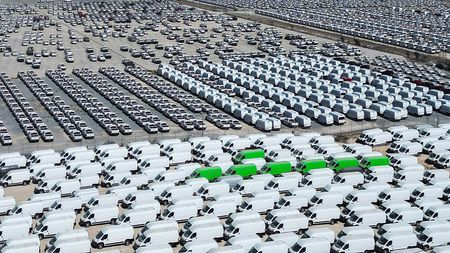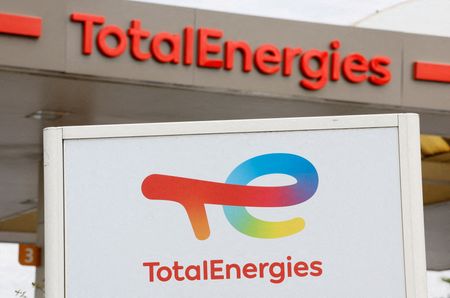SARAJEVO (Reuters) -Western Balkan countries should work towards introducing their own carbon pricing on electricity generation to mitigate the impact of new EU taxes on fossil fuel-generated energy to be introduced next year, an environmental agency said in a report on Thursday.
Under its Carbon Border Adjustment Mechanism to be introduced on January 1, 2026, EU importers of goods including electricity from outside the bloc will have to pay for the carbon dioxide emissions associated with their production in their country of origin.
This will make electricity from heavily coal-reliant producers like Bosnia and Herzegovina, Montenegro, North Macedonia and Serbia much more expensive for EU importers such as Italy, Croatia, Hungary, Romania, Bulgaria and Greece.
Those countries’ power exports under CBAM are therefore likely to plummet overnight, slashing revenues for Balkan power utilities, CEE Bankwatch Network said. Up to 60% of electricity imported to the EU by the four Balkan countries is coal-based.
However, the EU tax has conditions to allow for exemptions if countries “substantially progress” in applying EU energy and climate law, which could include carbon pricing.
“By introducing domestic carbon pricing, the countries could mitigate the impacts of CBAM and generate significant revenue to spend on a just and sustainable energy transition,” it said.
Carbon pricing would also allow them to raise up to 4.2 billion euros ($4.90 billion) per year to fund a sustainable energy transition and support the coal-dependent region, the CEE Bankwatch report said.
“CBAM could finally force Western Balkan governments to tackle the elephant in the room and start closing their highly-polluting and increasingly uneconomic coal power plants,” Pippa Gallop of the CEE Bankwatch Network added.
($1 = 0.8575 euros)
(Reporting by Daria Sito-Sucic; Editing by Jan Harvey)










